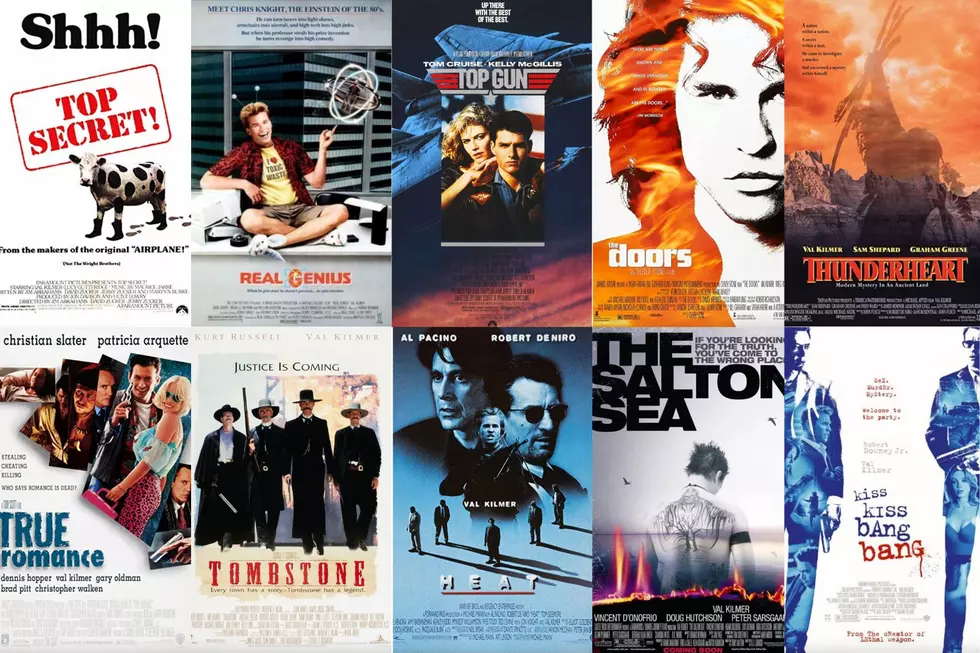
The Unconstitutional Welfare System Breeds Ingratitude
This article is an opinion piece from Bill Lockwood. Catch American Liberty with Bill Lockwood weekly at 11 a.m. Saturdays on NewsTalk 1290.

The tremendous success of the American Constitutional system, within a short period, created a nation that was the most prosperous, best-educated, and freest nation in the world. So thought Alexis de Tocqueville when he visited the United States in 1831. At the same time Americans were the most generous people on the earth — voluntarily giving away more money and goods than any other people.
The key to this, however, was that government was designed to guarantee equal rights, not provide equal things. Founding father Samuel Adams commented on this, as quoted by W. Cleon Skousen in "The Making of America."
The utopian schemes of leveling [redistribution of wealth], and a community of goods [central ownership of all the means of production and distribution], are as visionary and impracticable as those which vest all property in the Crown. [These ideas] are arbitrary, despotic, and in our government unconstitutional.
Prior to the creation of our welfare state in America, charity was practiced by individuals, churches and private organizations. This was the formula of the Founding Fathers. So successful was it that there is no record of people dying on the streets because of lack of food, shelter or medical assistance. And people certainly did not camp out in pup-tents on the main streets of town.
Enter the Welfare State
Primarily through the efforts of Franklin D. Roosevelt, however, America strayed wildly from the Constitution on this matter and the government created a “public trough” funded by taxpayers. FDR knew his scheme was unconstitutional — witness his speeches when a candidate for president — and all nine justices of the Supreme Court later struck down every single New Deal welfare plank as unconstitutional.
Yet, through power politics of FDR, from America has never recovered, the welfare state of the federal government was created. As predicted by constitutionalists at the time, it has bred the opposite of its stated goal of alleviating the poor. Not only has poverty continued to rise in America, but the sense of “entitlement” followed by the “worst of crimes” — ingratitude — has become commonplace. This has now morphed into a boiling hatred for the tax-paying white majority in many minority communities that one can hear, see and feel.
See the statistics on recipients of the state-sponsored welfare state.
According to the U.S. Census Bureau, “approximately 21.3 percent of people in the United States participated in major means-tested government assistance programs each month in 2012.” Participation rates for the black population is at 41.6 percent; followed by Hispanics at 36.4 percent; then Asians or Pacific Islanders at 17.8 percent; lastly, by non-Hispanic whites at 13.2 percent. Stating the obvious, the bureau concluded “blacks were more likely to participate in government assistance programs in an average month.”
Added to overt financial assistance from the public trough, minority communities have also been the favored recipients of government policies, such as affirmative action, which has been touted as necessary to fight the enduring effects of white racism. Our entire culture is saturated with affirmative action practices, from educational institutions, medical schools, law schools, even the military itself. But instead of alleviating racial animosity, the only enduring lesson that is being ingrained is hatred for a white America that supposedly is racist.
Why does hatred seethe in America?
Consider a biblical example. When our Lord preached in the synagogue in his home town of Nazareth (Luke 4), his fellow Jews were incensed by his claim to be the fulfillment of Old Testament prophecy. This prompted a comment by Jesus, “a prophet is not without honor, save in his own country.”
The biblical scholar R.C. Foster observed over a hundred years ago that this rejection of Jesus by his hometown was in part due to the “most common and worst of crimes” —ingratitude.
It is often true that the more that is done for unworthy people, the less they appreciate it and the more they presume upon the generosity of others and grow in the false grandeur of their own conceit.
That this is self-evidently true is seen in the sad reality now in America. Ingratitude.
More From Newstalk 1290









